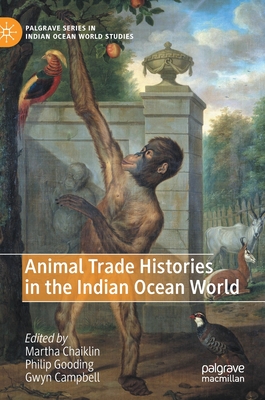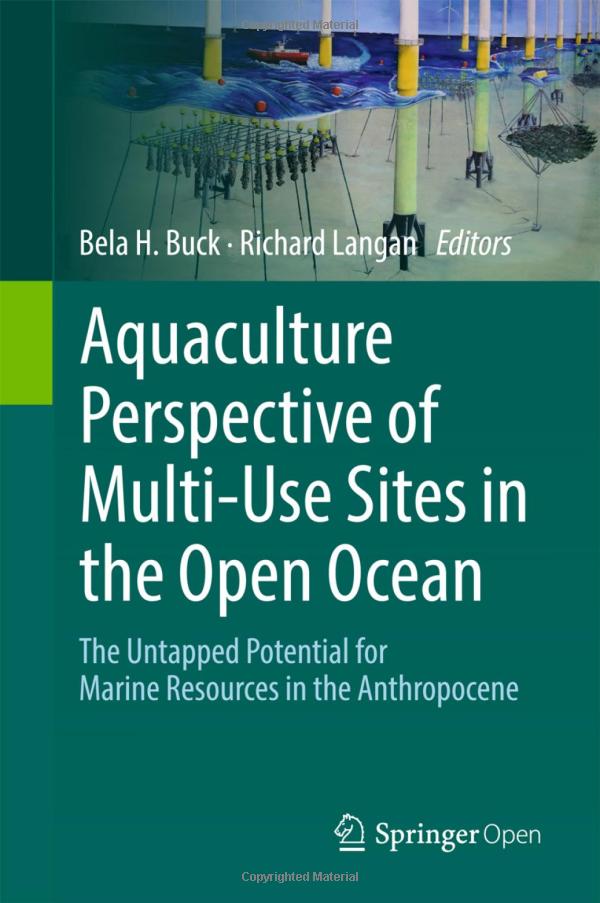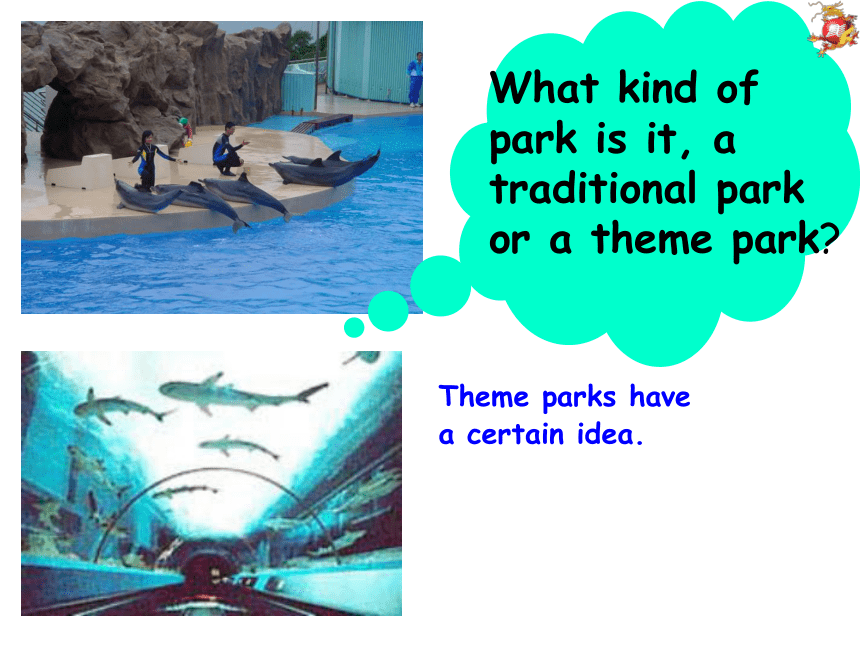The Controversy Surrounding PETA and SeaWorld: A Deep Dive into Animal Rights Activism
#### PETA SeaWorldThe relationship between PETA (People for the Ethical Treatment of Animals) and SeaWorld has been a contentious topic for many years, draw……
#### PETA SeaWorld
The relationship between PETA (People for the Ethical Treatment of Animals) and SeaWorld has been a contentious topic for many years, drawing attention from animal rights activists, marine conservationists, and the general public alike. This article explores the various dimensions of this ongoing debate, examining the claims made by PETA, the responses from SeaWorld, and the implications for animal welfare and public perception.
#### PETA's Stance on SeaWorld
PETA has consistently criticized SeaWorld for its treatment of marine animals, particularly orcas and dolphins, which are kept in captivity for entertainment purposes. The organization argues that these animals suffer from psychological distress due to confinement in small tanks and the lack of natural social structures. PETA's campaigns have included high-profile protests, social media campaigns, and even legal action aimed at improving the conditions of animals in captivity.

One of the most notable aspects of PETA's activism is the release of documentaries and reports that highlight the alleged mistreatment of animals at SeaWorld. For example, the documentary "Blackfish" gained significant attention and sparked widespread outrage over the treatment of orcas, leading to a decline in SeaWorld's attendance and revenues. PETA has used such media to bolster its argument that marine parks are inherently harmful to the animals they house.
#### SeaWorld's Response
In response to PETA's allegations, SeaWorld has defended its practices, asserting that it prioritizes animal welfare and conservation. The organization claims that it provides a safe and healthy environment for its animals, with expert care and enrichment programs designed to mimic natural behaviors. SeaWorld also emphasizes its role in conservation efforts, including rescue and rehabilitation programs for injured marine animals.
SeaWorld has launched its own campaigns to counter PETA's narrative, highlighting its contributions to marine research and education. The company argues that its facilities serve as important centers for public awareness about marine conservation and the threats faced by ocean ecosystems. In recent years, SeaWorld has also made efforts to shift its focus from entertainment to education, promoting its role in wildlife rescue and rehabilitation.

#### The Impact on Public Perception
The ongoing conflict between PETA and SeaWorld has had a significant impact on public perception of marine parks and animal captivity. Many individuals have become more aware of the ethical considerations surrounding the treatment of animals in captivity, leading to increased scrutiny of marine parks and aquariums. This shift in public sentiment has prompted some facilities to reevaluate their practices and prioritize animal welfare.
Moreover, the debate has sparked discussions about the broader implications of animal captivity in entertainment. Advocates for animal rights argue that no animal should be kept in captivity for human entertainment, while others believe that responsible facilities can contribute positively to conservation and education. This complex issue continues to evolve, influenced by changing societal values and scientific understanding of animal behavior.
#### Conclusion

The relationship between PETA and SeaWorld exemplifies the ongoing struggle between animal rights advocacy and the entertainment industry. As public awareness of animal welfare issues grows, the future of marine parks and the treatment of animals in captivity remains a critical topic of discussion. Whether through continued activism or changes in industry practices, the dialogue surrounding PETA SeaWorld will undoubtedly shape the landscape of animal rights and conservation efforts for years to come.